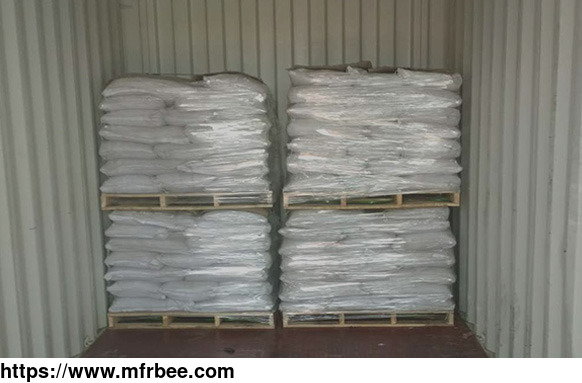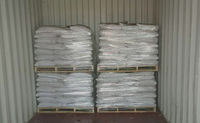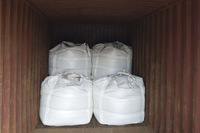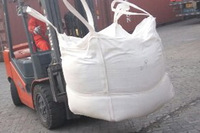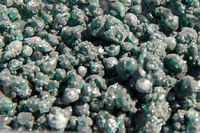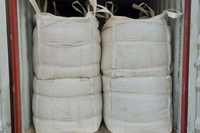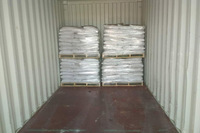Are CSA Cement and CSA Additives the Same?
Specifications
True cements are CSA-based cements, also known as cement CSAs, such as CTS's fast-setting cements. They don't require anything besides water to function. To make concrete, CSA-based cements are
mixed with sand, gravel, and water in the same manner that Portland cement is mixed with these materials.
I. Concrete countertops with cement CSA
By their very nature, all CSA products cure quickly. To extend the working time, chemical retarders are frequently utilized. The rapid set CSA cement, unlike Portland cement, can be manufactured
with regular citric acid at a dosage of 0.2 percent to 0.4 percent. Cement CSAs, such as fast setting cements, benefit from a modest retardation since the formation of structural silicate crystals
happens more slowly, resulting in stronger concrete. When utilizing cement CSAs, another technique to speed up the process is to substitute some of the mixing water with ice. Ice makes up about a
quarter to a third of the mix water, and the melted ice absorbs heat from the other components. The advantage of using ice to heat block the combination is that once it has warmed up to room
temperature, the mixture's normal setting pace is restored, and the early strength is significantly less influenced than when citric acid is employed.
II. Differences between CSA cement and CSA additive
Cement CSA is created from pure CSA clinker that is combined with Portland clinker and burnt in the kiln in the same way as Portland cement is. Cement CSA is formed when CSA and Portland clinker
are burned together at high temperatures. There is no silicate cement left after burning. It is chemically turned into cement CSA that hardens quickly. This is not the same as just combining
Portland and cement CSA in a dry mixer.
Another CSA-based product, dubbed "CSA," isn't actually a cement. It's a CSA supplement. It's made to be mixed with Portland cement, and it has to be. The concrete strengthener additive
resembles volcanic ash, such as VCAS or kaolin, in this regard. Portland cement must be blended with volcanic ash. They are incapable of acting on their own. Because the CSA ingredient is mixed
with silicate cement, you can use citric acid to increase the working time, but this may diminish the silicate cement's early strength development. The dosage is determined by the amount of CSA
ingredient used and the amount of time needed to complete the task.
- Country: China (Mainland)
- Business Type: Manufacturer
- Market: Africa,Americas,Asia,Emerging Markets,Europe,European Union,G20,Middle East,Oceania
- Founded Year: 2001
- Address: JINRONG B/D NO. 116 XINHUA WEST ROAD, 063000, TANGSHAN, HEBEI, CHINA
- Contact: Anna Anna
